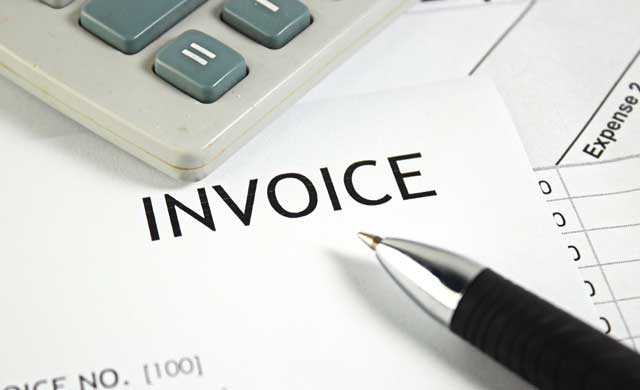Invoice factoring, unlike a business loan, generates a rise in cash of funds already owed by consumers to your business. The basic method is simple; you sell your unpaid invoices to a lump sum paying factoring firm, typically between 70 and 90 per cent of the overall invoice. This fund will then be sent to your bank account and can be used for working capital instantly. This can be especially beneficial because you will get this money from an invoice factoring company in a matter of days rather than having to wait as long as 30 to 90 days for clients to reimburse your company! It is necessary to remember that a factoring fee (or discount rate) will be paid by the firm. In Illinois, factoring companies are responsible for the process of recovering unpaid invoices.
Even though it can be helpful for small business owners to deal with an invoice factoring firm, also there are downsides that go with it. Prior to application for invoice factoring, you can consider the disadvantages before you make a choice.
While it is obvious that you want to collect the cash owed to your company, there may be some financial and operational drawbacks to invoice factoring.
- The Expense:
The charges associated with this form of funding can be restrictive. Usually, between 1 and 5 per cent of the overall invoice sum is paid in service charges by taking into account business. If the tradeoff for cash upfront is worth the loss, you’ll have to decide. It could make sense to wait for customer payments rather than collecting invoice factoring at an extra expense if your company is on a limited budget.
- Liabilities:
Knowing that you might be liable for outstanding bills is critical. Invoice factoring firms do not operate as collection agents, and they are more likely not to waste extra time monitoring late paying consumers who do not comply with their contract terms. If you have a recourse invoice factoring arrangement, you would be liable for paying or trading the same sum for those unpaid invoices on another invoice to offset the cost.
- Customers’ Dependence:
When assessing invoice factoring compliance, the company will look at the payment history of your customers to determine the probability of taking on your invoices. The factoring company would presume that if your clients have a history of not paying you on time, they would not be paid on time either and will be less interested in taking your invoices.
- Lack of control:
Invoice factoring means handing over full ownership to another organization of the invoices. Some business owners do not like this because they do not want to have access to details about their finances from another corporation. Prior to actually making that move, you will need to be certain that you are happy with the company and the practices they follow. You should be able to trust that the process will go smoothly if you choose a reputable business.
Categories
Recent Posts
Advertisement


